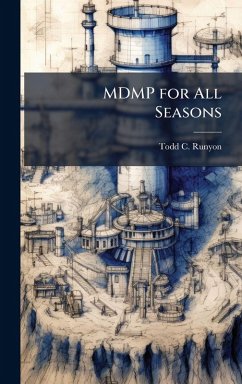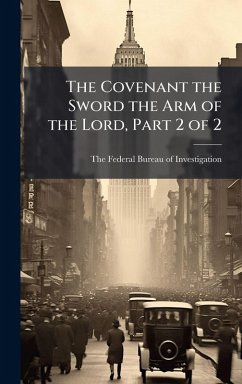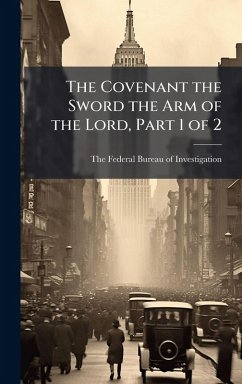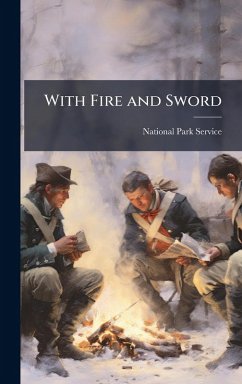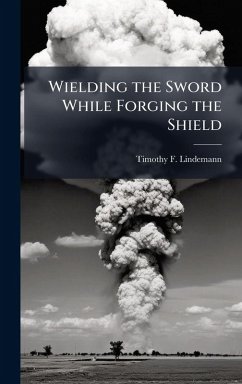
A Sword for All Seasons
Versandkostenfrei!
Versandfertig in über 4 Wochen
29,99 €
inkl. MwSt.
Weitere Ausgaben:

PAYBACK Punkte
15 °P sammeln!
General Otto P. "Opie" Weyland, despite having almost no combat experience as a young aviator, emerged as one of the most combat-experienced air leaders in the Air Force by the time he began a five-year stint as Commander, Tactical Air Command (TAC) in 1954. Following combat tours in World War II as XIXth TAC Commander serving alongside General George S. Patton's famed Third Army and in the Korean War as Commander of Far East Air Forces (FEAF), General Weyland became the fifth commander of TAC in 1954. A tactical aviator with a unique air-ground perspective, Weyland recognized the need to revi...
General Otto P. "Opie" Weyland, despite having almost no combat experience as a young aviator, emerged as one of the most combat-experienced air leaders in the Air Force by the time he began a five-year stint as Commander, Tactical Air Command (TAC) in 1954. Following combat tours in World War II as XIXth TAC Commander serving alongside General George S. Patton's famed Third Army and in the Korean War as Commander of Far East Air Forces (FEAF), General Weyland became the fifth commander of TAC in 1954. A tactical aviator with a unique air-ground perspective, Weyland recognized the need to revitalize tactical aviation following his experience with FEAF during the Korean War. Because he recognized the communist strategy in Korea as a likely pattern in a global security environment dominated by US strategic might, Weyland became an outspoken advocate of preparing for limited wars. The post-WWII and Korean War era national security environment, however, was dominated by strategic air power theories emphasizing atomic weapons and the policies of Massive Retaliation and the New Look. Almost as a matter of survival, TAC assumed the role of a theater-level SAC with an atomic weapons program of its own. Like many celebrated veterans of World War II who continued in the service, Weyland labored with rare appreciation to instill the practical lessons of the past while progressive forces swept the country forward with the promise of a new era. This thesis examines the successes and failures associated with General Otto P. "Opie" Weyland's attempt to restore tactical balance to the Air Force during his five years as TAC Commander during the mid and late 1950s. This work has been selected by scholars as being culturally important, and is part of the knowledge base of civilization as we know it. This work was reproduced from the original artifact, and remains as true to the original work as possible. Therefore, you will see the original copyright references, library stamps (as most of these works have been housed in our most important libraries around the world), and other notations in the work. This work is in the public domain in the United States of America, and possibly other nations. Within the United States, you may freely copy and distribute this work, as no entity (individual or corporate) has a copyright on the body of the work. As a reproduction of a historical artifact, this work may contain missing or blurred pages, poor pictures, errant marks, etc. Scholars believe, and we concur, that this work is important enough to be preserved, reproduced, and made generally available to the public. We appreciate your support of the preservation process, and thank you for being an important part of keeping this knowledge alive and relevant.



